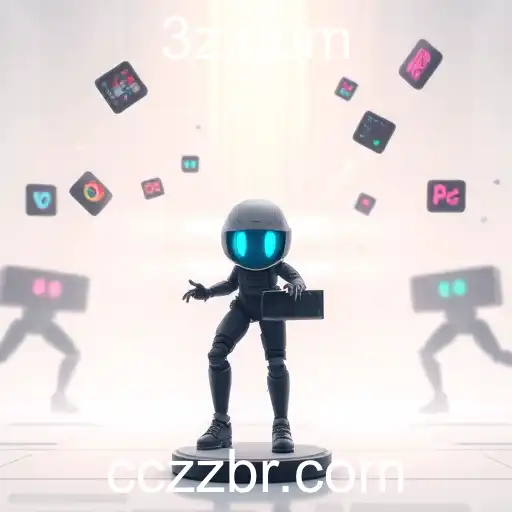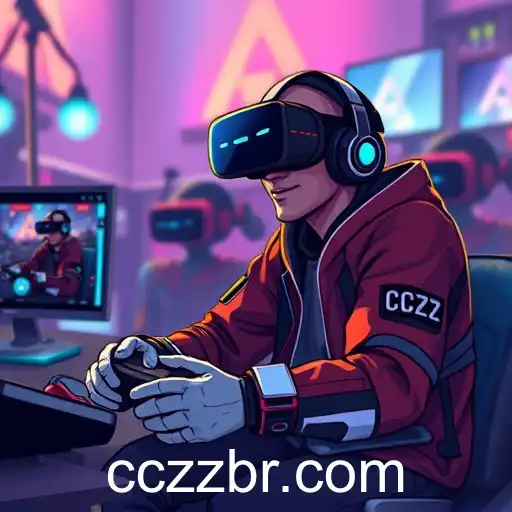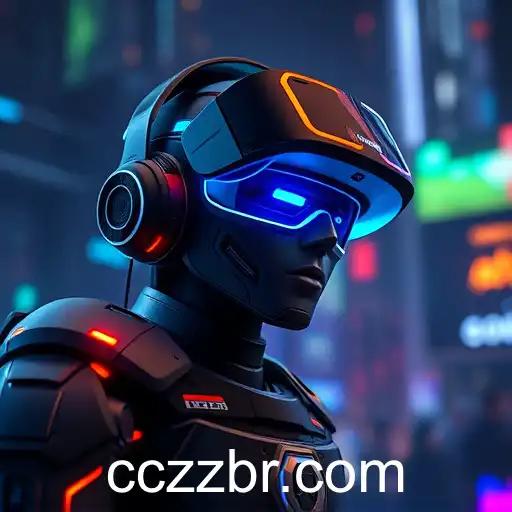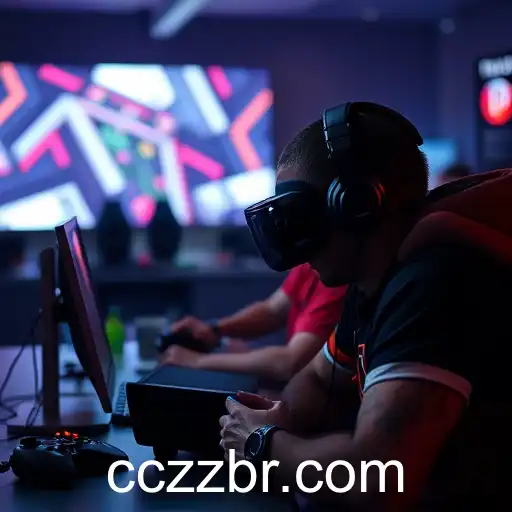
The Evolving Role of Technology in Modern Education

As we advance further into the 21st century, the landscape of education is being reshaped by technological innovations. The integration of technology in educational settings is not just a trend but a necessity that has been accelerated by global events such as the COVID-19 pandemic.
Institutions worldwide have swiftly adopted digital platforms to facilitate remote learning, proving that education can transcend physical boundaries. This transformation emphasizes the need for educators and students to adapt to digital tools like learning management systems, video conferencing software, and interactive apps which are becoming integral to the pedagogy.
However, beyond the logistical benefits of technology, its role in personalizing education is groundbreaking. Adaptive learning technologies use algorithms to adjust content difficulty based on individual learner performance, ensuring that each student receives a tailored educational experience. This not only engages students more effectively but also helps bridge the gap for those who might fall behind in traditional settings.
Moreover, the proliferation of online resources and open educational resources (OER) has democratized access to knowledge. With renowned institutions offering courses online, education is becoming more accessible to underrepresented demographics, leveling the playing field worldwide.
Nevertheless, the integration of technology in education presents challenges as well. Issues such as digital divide, data security, and the potential for diminished social skills need addressing. Educators must carefully balance the benefits of technology with these challenges to provide a holistic educational experience.
Looking forward, the interconnection of artificial intelligence, augmented reality, and virtual reality is set to further transform educational methodologies. By creating immersive learning environments, these technologies promise to make education more engaging and cater to various learning styles.
In conclusion, the intersection of technology and education heralds a future where learning is more inclusive, personalized, and accessible. As we continue to innovate, it is essential to navigate these technologies thoughtfully and ethically, ensuring that education systems worldwide benefit from the digital revolution.
Digital Horizons: The Rise of Gaming Spaces

An exploration into the evolving landscape of online gaming communities and their impact on the players and broader society.
2025-11-07
Emerging Trends in Online Gaming

Exploration of current trends and technological advancements shaping the online gaming landscape.
2025-11-22
The Online Gaming Revolution: CCZZ at the Forefront

Exploring how CCZZ is transforming the landscape of online gaming through innovation and community engagement.
2025-10-28
The Rise of Online Gaming in 2025

Exploration of the growing influence and impact of online gaming communities in 2025.
2025-11-25






